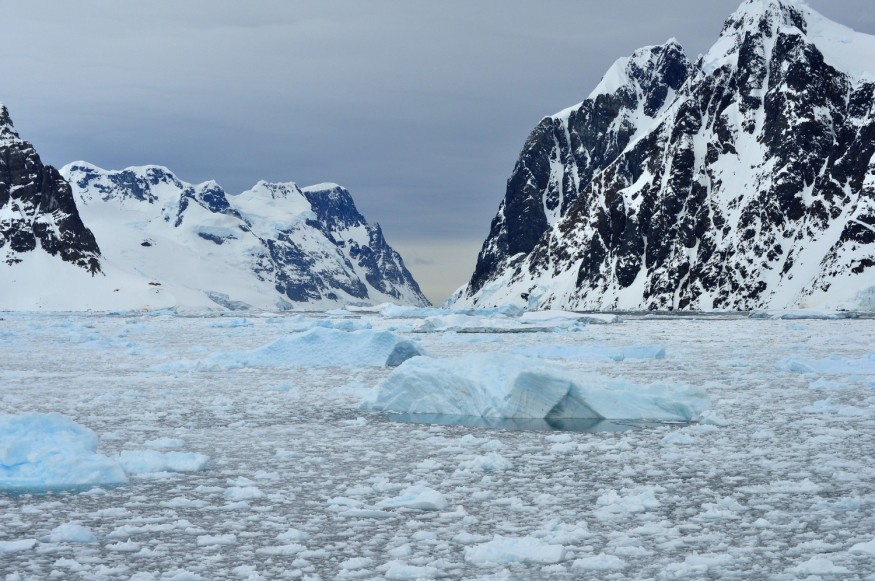
Scientists warn that the world might face "an existential threat to civilization" due to recent discoveries that Earth has crossed a series of climate tipping points. The warning means that humans are already "in a state of planetary emergency."
Eleven years ago, the experts warned the dangers of critical thresholds in Earth's systems tipping into a potentially dangerous state. The warnings include the severe destruction of ice sheets and Amazon deforestation.
"We are now a little over ten years on," says Tim Lenton of the University of Exeter in the United Kingdom. "The [cruel] surprise for me was a lot of the things we [classified] as potential tipping points that [most people] would have [imagined] were far in the future [currently] show confirmation of already being active," he added.
Lenton and his colleagues wrote in a commentary published in the scientific journal Nature that changes in the frozen parts of the world are "dangerously near" to tipping points.
The researchers cited the ice sheets around the Amundsen Sea in West Antarctica that drastically started its irreversible destruction that would lead to 3 meters of sea-level rise. Other high-risk tipping points include fires in the Arctic and the discharge of greenhouse gases as frozen ground thaws.
"[The results serve as] a big wake up call. We may have made some significant long-term sea-level commitments," says Lenton.
Lenton said that there is now empirical evidence that cascades have begun - where one tipping point makes another one more probable to be passed.
He cited the melting of the Greenland ice sheet and the influx of freshwater levels into the North Atlantic Ocean, which further undermines the already lagging ocean current in the Atlantic, is the main key to understanding the weather patterns in both Europe and Africa.
Determining how tipping points is "challenging" among scientists
However, it is quite challenging for the scientists to determine how close the Earth is to tipping points. Estimates for how many trees the Amazon needs to lose before it is committed to a death spiral of fires and drying range between 20 and 40 percent of forest cover. However, the difference is crucial - provided that 17 percent has already been lost.
Despite Brazil experiencing the fastest increase in deforestation for a decade, and ensuing fires, the rainforest's tipping point seems a little way off yet. Carlos Nobre of Brazil's Sao Paulo University said Amazon's current deforestation rates fall between 20 and 30 years from now.
Determining the tipping points and projecting when it will reach may difficult, but other scientists agree it's already "near." "We are currently at the peak now to several key tipping points," said Michael Mann at Penn State University.
What can be done to this issue?
Researchers said the global tipping point's huge impact would mean that humans need to "play it safe." "To [fail] on the side of danger is not a [reliable] option," writes Lenton and his colleagues.
Lenton believes the revamped focus on tipping points would add urgency to various nations. While different countries are declaring climate emergencies, Lenton noted that none have yet presented policies to match.
The solution to avoiding tipping points in Earth's system, ironically, might be positive tipping points in technology or society - such as the protests made by environmentalists in the past year. Lenton said there is a need to get to net-zero emissions by 2050 to limit the risk of tipping other things.
© 2025 NatureWorldNews.com All rights reserved. Do not reproduce without permission.





